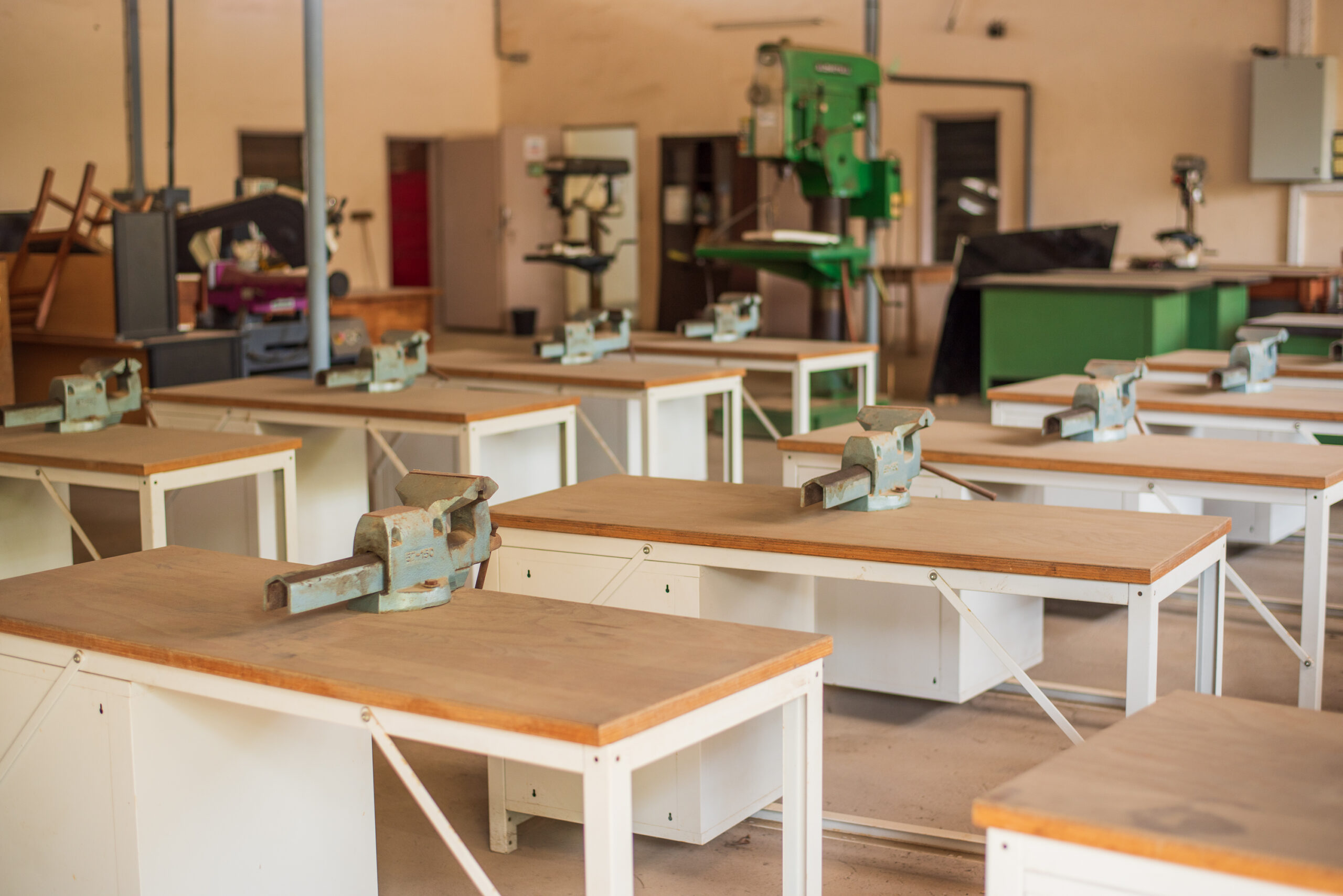In 2016, the Beninese government created the National Agency for Potable Water Supply in Rural Areas (ANAEPMR) to address the specific needs of rural areas. This agency’s mission is to accelerate the development of public potable water supply infrastructures in these areas and to organize sustainable management of these infrastructures and the public water supply service. To achieve this, ANAEPMR implements the AQUA-VIE program, funded by the World Bank, which aims to accelerate the development of Multi-Village Potable Water Supply Systems (MVWS) and to rehabilitate or expand existing MVWS in rural areas. It is through this program, in part, that Benin seeks to professionalize the management of public potable water services in these regions.
Overcoming challenges and achieving water access goals in Benin
Benin is actively working to meet the growing demand for skilled labor in the water sector. In 2018 and 2019, ANAEPMR emphasized the importance of strengthening the capacity of water sector professionals to address the specific needs of the industry. To better understand the challenges at stake, the agency commissioned studies to analyze the skill requirements and identify the priority competencies to be developed.
One of the main challenges lies in the lack of specialized training programs that are sufficiently adapted to the constantly evolving needs of the water sector. Moreover, like many countries, educational and training facilities often lack resources. Furthermore, it is crucial to improve coordination and efficiency within public institutions to ensure that training initiatives are better aligned with sector needs while contributing to the country’s development goal: to guarantee access to potable water for 80% of the population within 30 minutes of walking distance by 2040, and for 100% by 2050.
Through continuous efforts and strategic planning, Benin is making significant progress in overcoming these challenges and developing a qualified workforce, notably through the training of personnel at the Center for Water Sector Vocational Training (CFME) in Cotonou. The CFME thus responds to the demand for professional training and enables the rapid deployment of field agents ready to work.
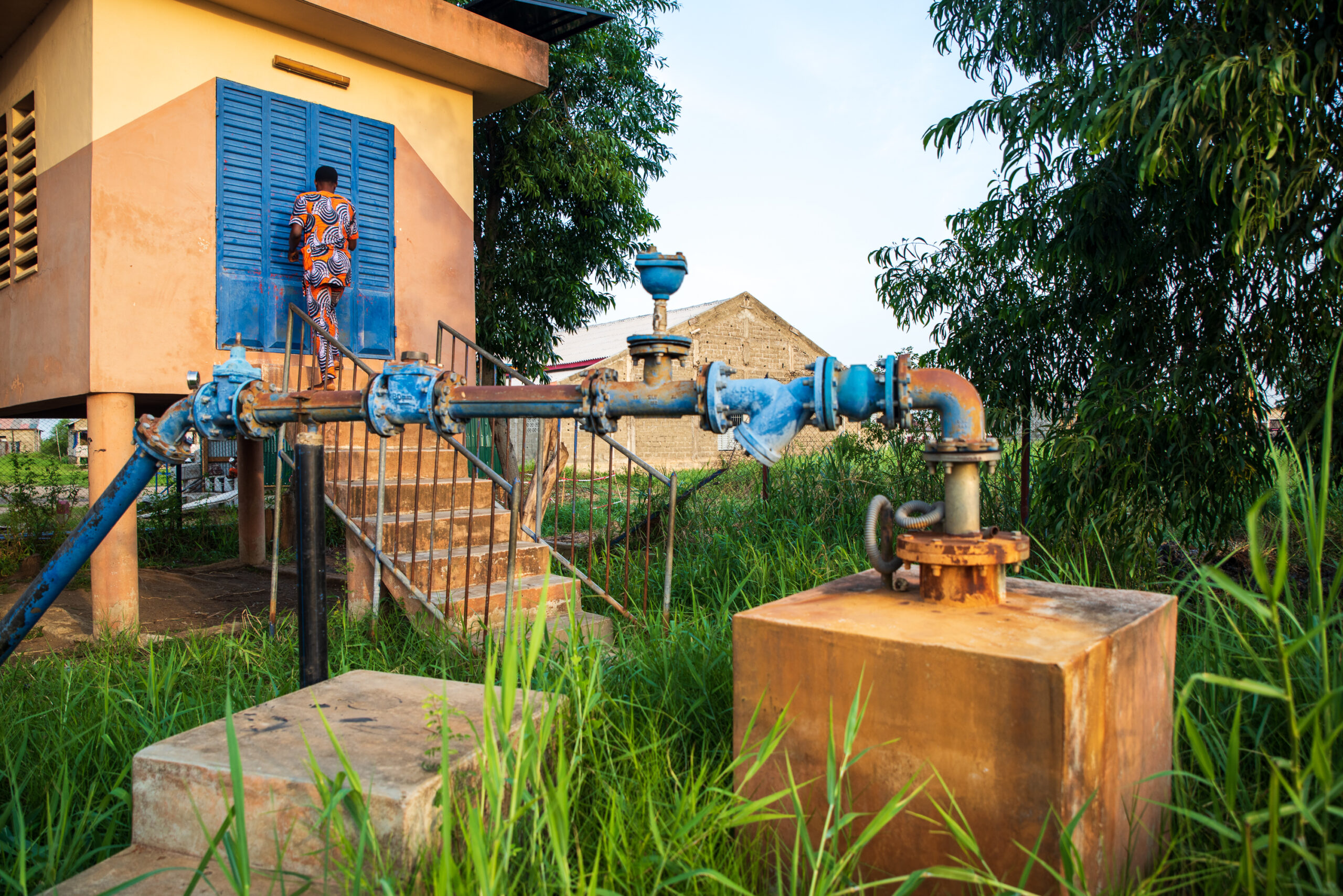
Watura’s solution to achieving water access goal in rural Benin
To address these challenges, and following the studies carried out, the CFME in Cotonou participates in this program with the goal of training sector heads for Multi-Village Potable Water Supply Systems (MVWS) as well as electromechanics. The CFME has entrusted WATURA with the task of designing and implementing training actions, leveraging its expertise to develop specific programs aimed at training future local trainers.
16
theoretical training modules
15
practical tutorials
2
weeks of on-site training
Since January 2023, WATURA, in collaboration with CFME Cotonou, has developed two personalized training programs with a total of 16 online courses aimed at training four future permanent trainers in electromechanics and sector heads. These courses cover various essential areas such as potable water distribution, electromechanics, pumping and hydraulics, water chemistry, as well as connection and piping techniques. In addition, about fifteen practical tutorials were developed to teach how to perform vocational tasks and understand the configurations of practical work platforms, following the usage principles of installations specific to MVWS.
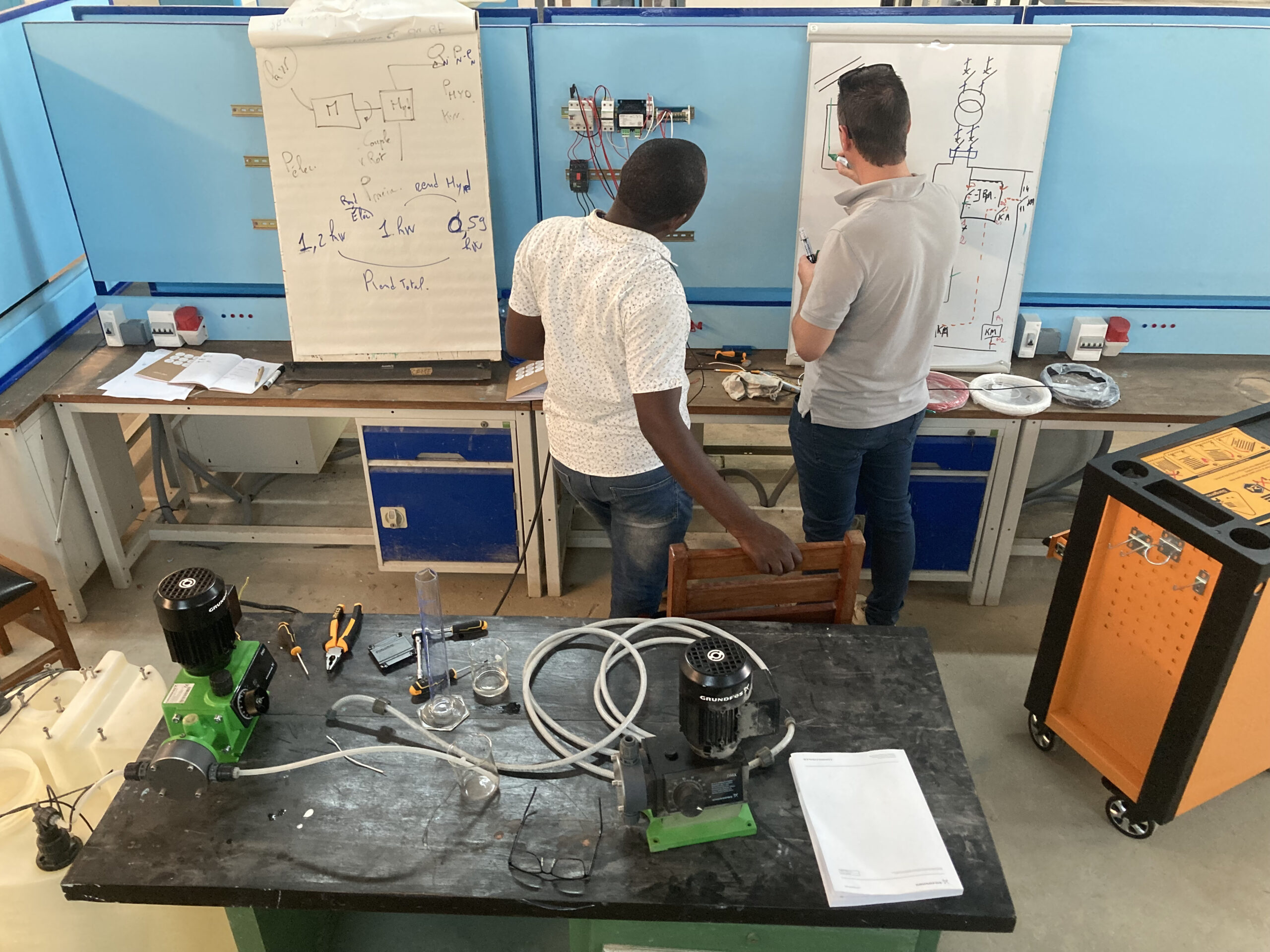
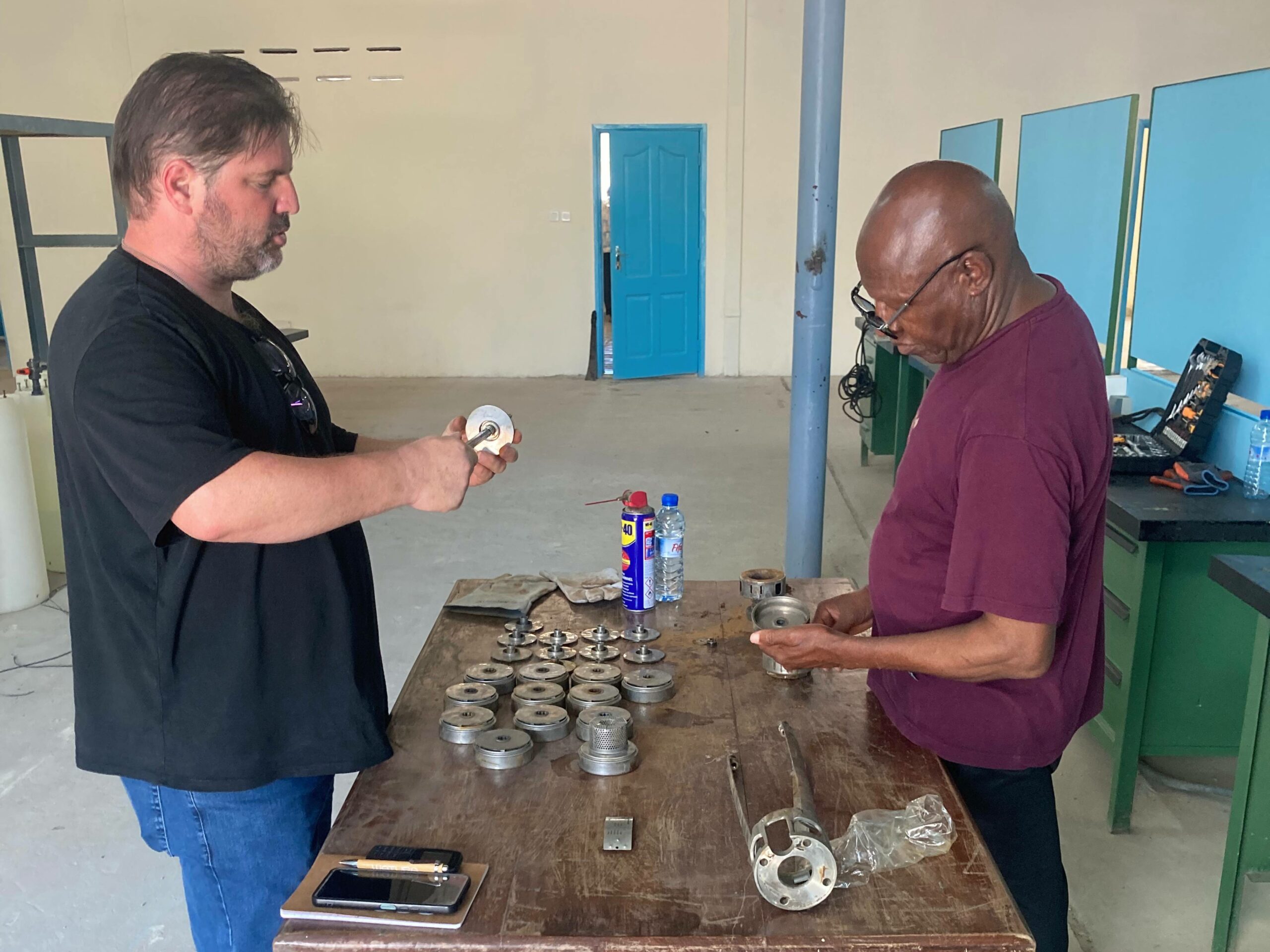
In addition to creating theoretical and practical educational materials, two one-week missions took place to train the four future permanent trainers at CFME to various practical methods. The goal of these missions was to strengthen their capacity, enabling trainers to master the professional skills necessary to teach new groups of students. To achieve this, on-site workshops were organized by four WATURA experts to ensure proper assimilation of knowledge from the training programs developed by WATURA. At the end of the second mission, the first cohort will be recruited at CFME, and training by the Beninese trainers will begin.
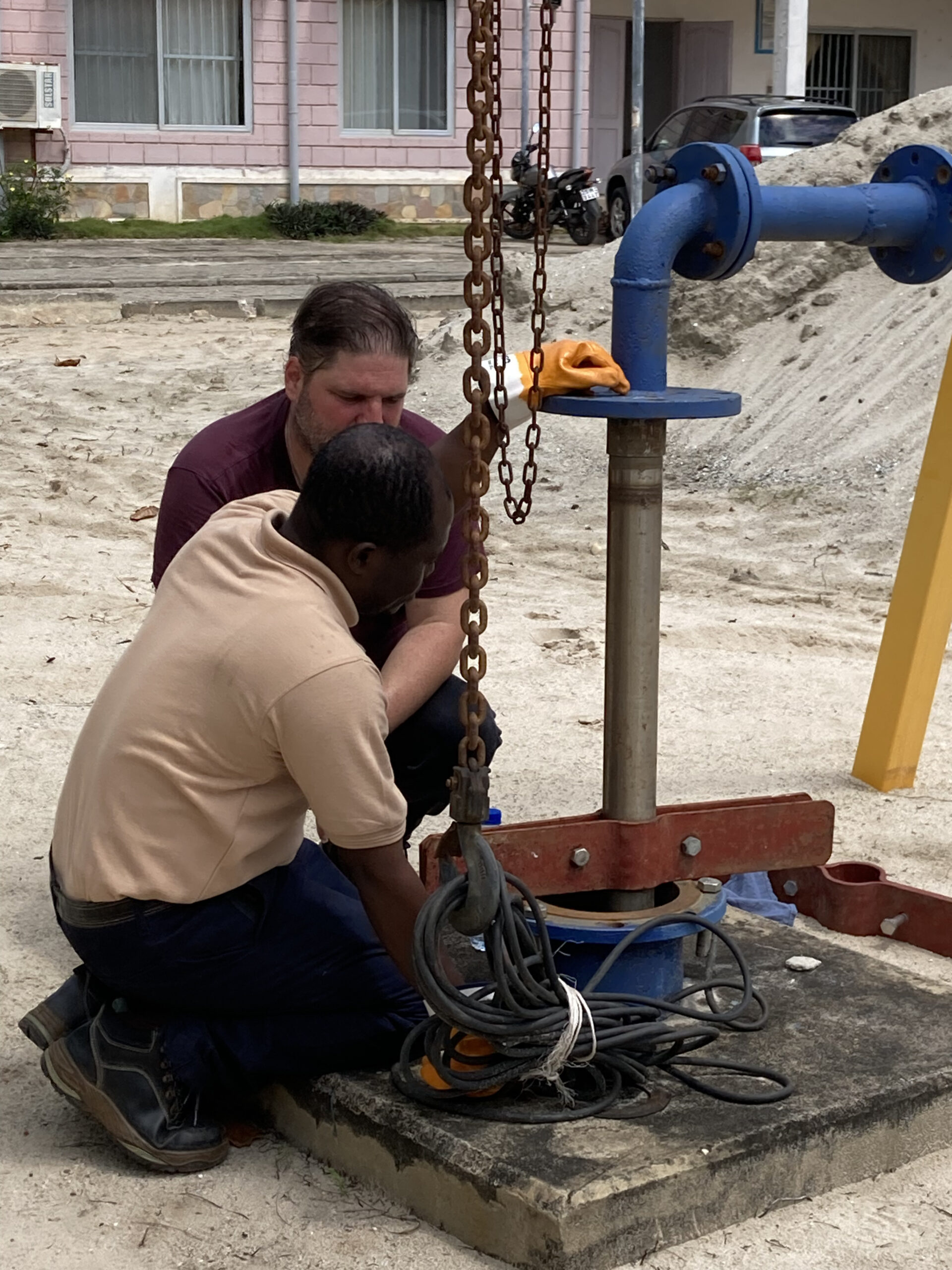
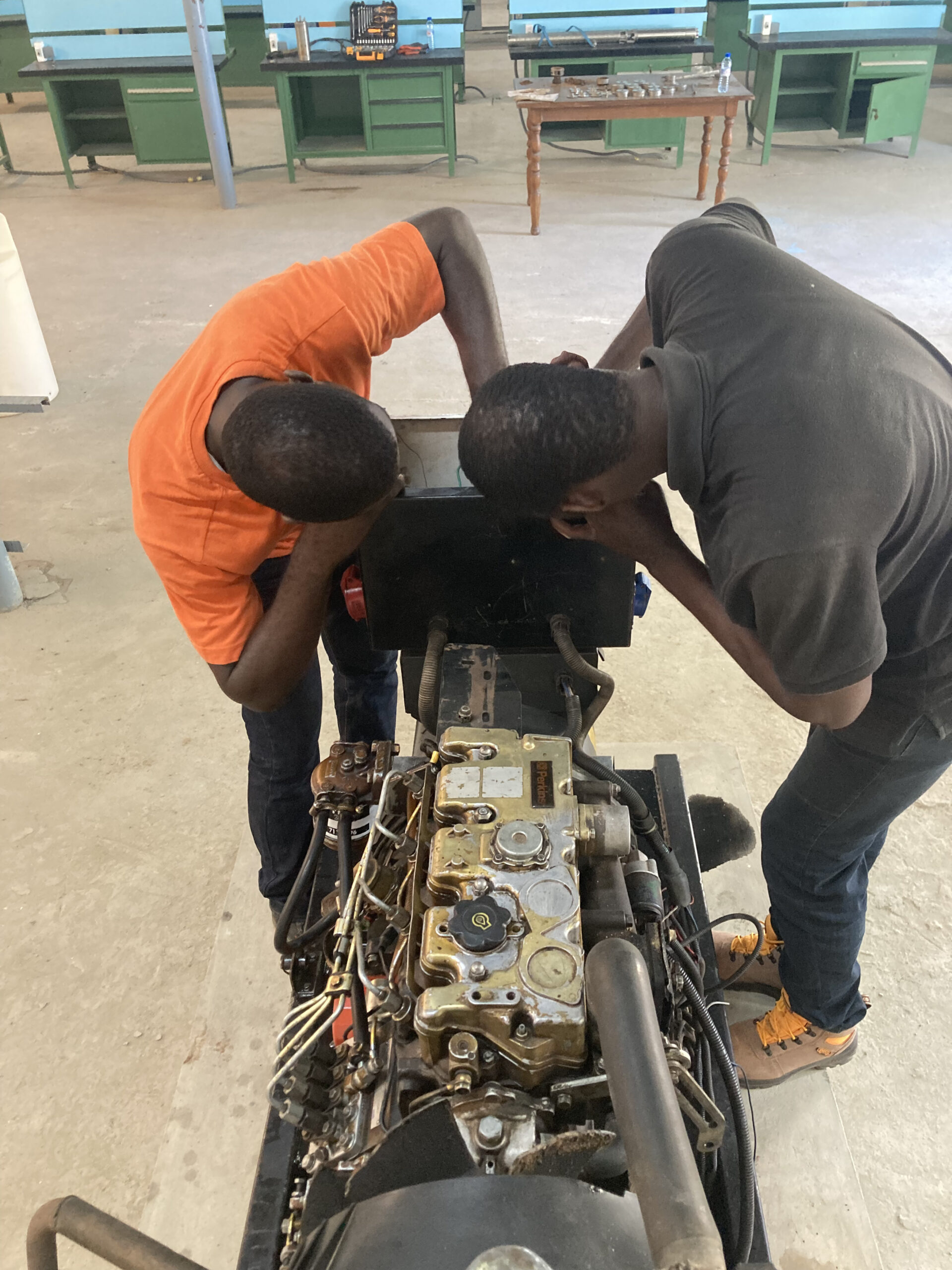
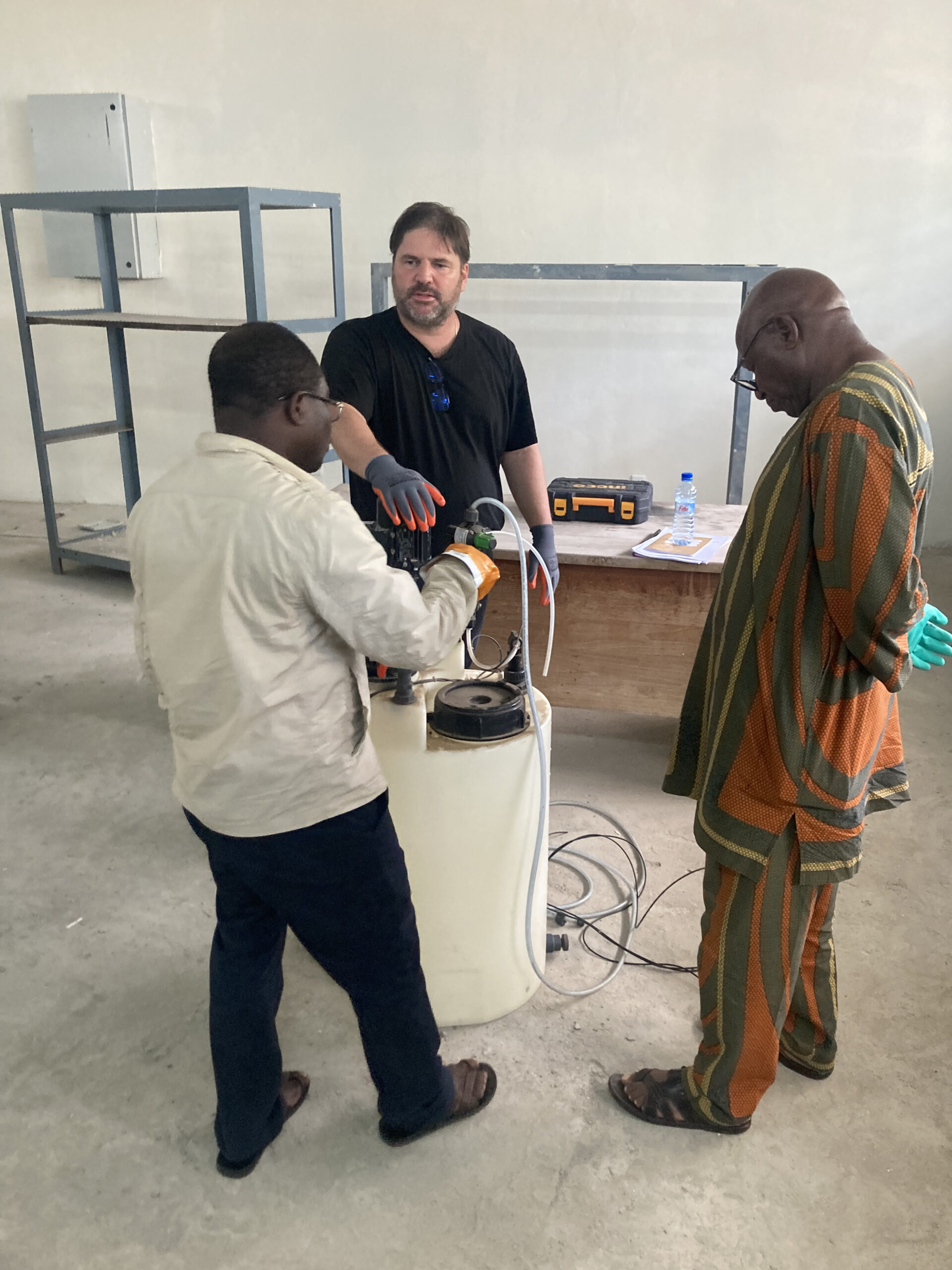
Additionally, during these training missions, WATURA is supporting the updating of the ANAEPMR’s practical training platforms to align them with the requirements of the two targeted training programs.
Finally, WATURA plans to provide ongoing support and follow-up for CFME after its mission. At the end of the project, WATURA will offer nearly seven months of coaching for the technical assistant at ANAEPMR and the four trainers. This coaching will cover essential themes aimed at enhancing their pedagogical effectiveness (classroom management methods, evaluations, etc.) and technical skills (problem-solving during practical sessions, correcting malfunctions in experiments, or clarifying difficult analyses). This approach will ensure continuous, concrete support for the trainers, allowing them to refine their teaching methods and adapt to the ever-evolving needs of their students.
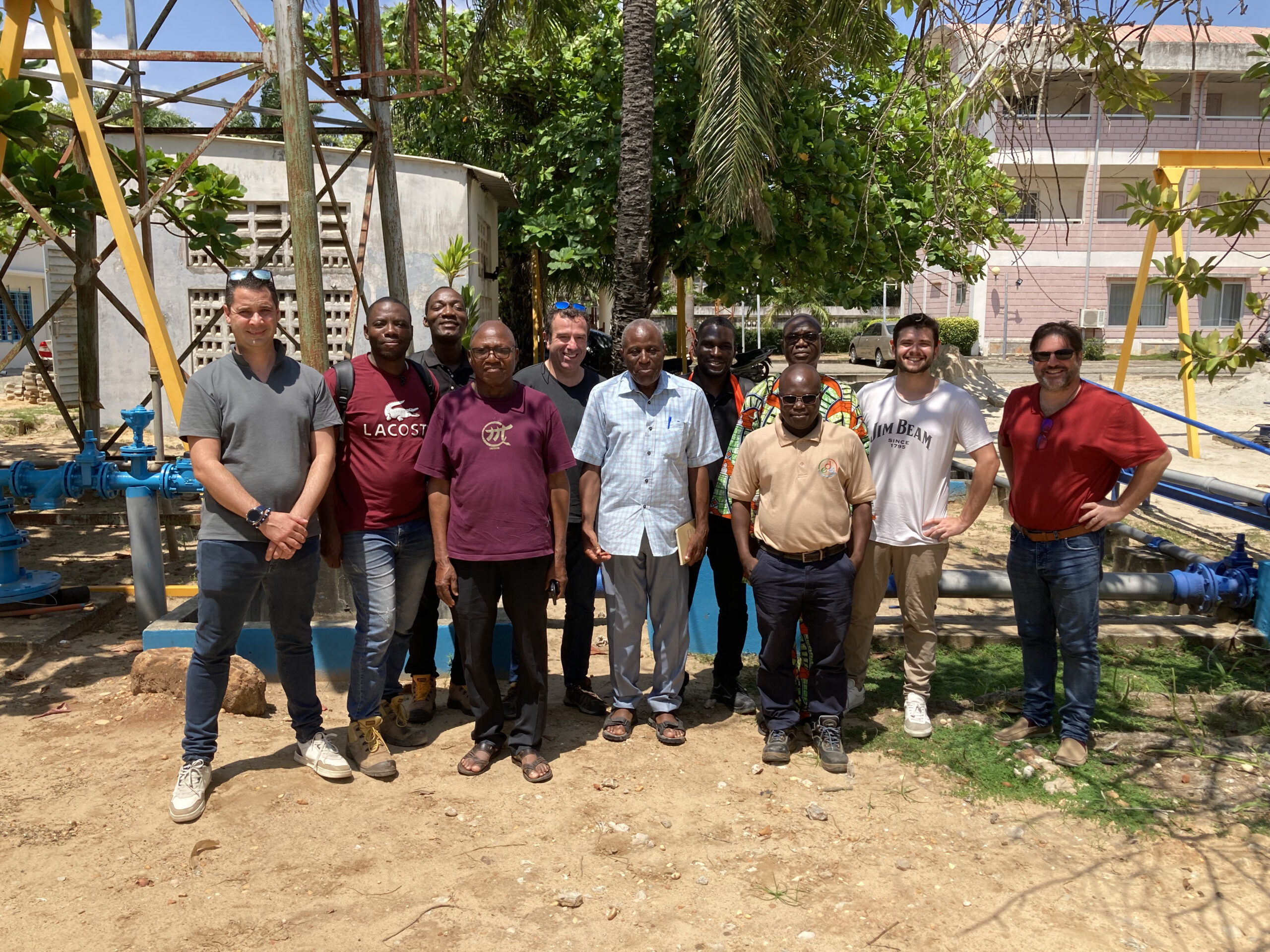
Par Damia Tarmoul.

